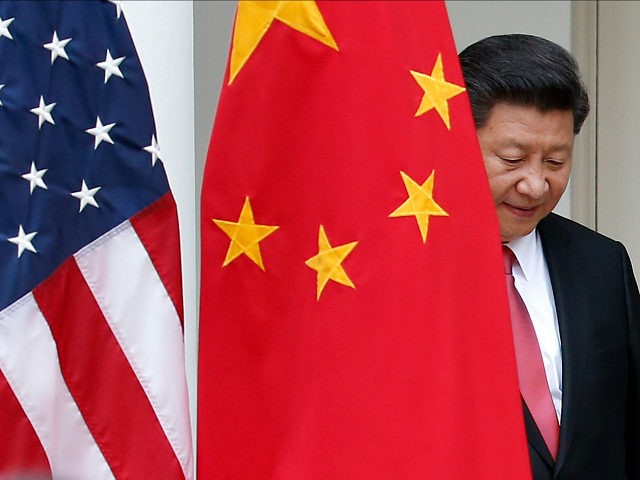The National Institutes of Health (NIH) told the Senate Health, Education, Labor, and Pensions Committee on Thursday that more than 500 federally funded scientists are currently under investigation for possible ties to China and other foreign powers.
At a committee hearing on protecting American biomedical research from foreign influence, NIH officials testified they are having trouble keeping up with hundreds of cases of potential foreign influence, especially from China.
According to NIH Deputy Director for Intramural Research Dr. Michael S. Lauer, more than 90 percent of the scientists investigated last year had received some form of support from China. Chinese espionage operations have targeted virtually every corner of American biological and medical research.
The most recent high profile influence cases include Southern Illinois University-Carbondale Professor Mingqing Xiao, a 20-year veteran of the mathematics department charged with wire fraud on Wednesday for concealing funding from the Chinese government, and former Nationwide Children’s Hospital Research Institute employee Yu Zhou, sentenced to 33 months in prison and payment of $2.6 million in restitution on Monday for conspiring to steal trade secrets on behalf of China.
Testimony at the hearing was keenly sensitive to the racial dimension of these espionage cases, as NIH officials hasten to point out that many subjects of Chinese espionage investigations are not ethnically Chinese.
NIH also noted that separating illegal foreign influence from relatively benign funding and research cooperation is difficult and time-consuming work for investigators. They stressed the importance of international collaboration for scientific research while also noting the danger that such collaborative efforts can become recruiting grounds for espionage.
Candice Wright, acting director of science and technology for the Government Accountability Office (GAO), said:
We certainly reached out to the university community and talked a lot with principal investigators as well as administrators, and one of the things that we heard certainly is the need for more information sharing, the need for more training, more guidance, particularly in terms of identifying foreign talent recruitment programs.
“We heard from certainly a number of the principal investigators that many of them either were not aware of foreign talent recruitment programs or just simply didn’t even know how they would go about identifying such programs,” Wright added.
The most notorious of those recruitment programs is China’s Thousand Talents Plan, which connected thousands of foreign scientists with the Chinese government and has been linked to many successful prosecutions for intellectual property theft. The FBI has warned American universities about the Thousand Talents Plan and hundreds of other Chinese recruitment programs.
Ranking Republican committee member Sen. Richard Burr warned of “a concerted effort from those in China, backed by their government, to bring back anything they can learn, store or steal.”
Burr said there is currently no “single entity” in the U.S. government that concentrates on finding false data in funding applications or other “violations of the rules.” Instead, he said the system seems to wait for law enforcement to uncover violations after the fact because universities and research institutions are unclear about their responsibilities for vetting employees and foreign collaborators.

COMMENTS
Please let us know if you're having issues with commenting.